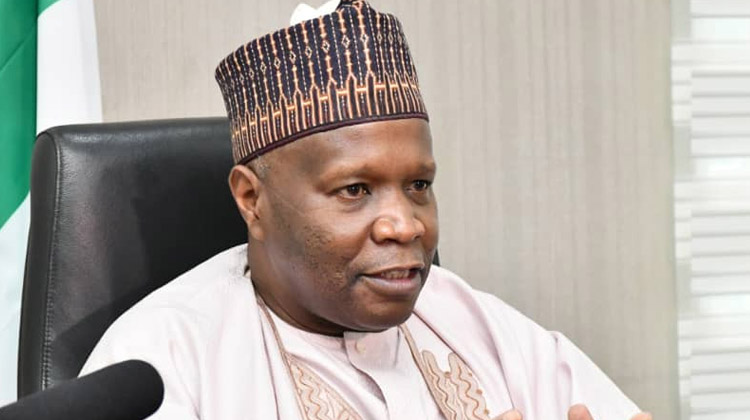The recent 120% tuition hike at Gombe State University (GSU) has sparked considerable debate and student protests. Gombe State Governor, Muhammadu Yahaya, has defended the increase, emphasizing its necessity for the university’s development and improvement. He argues that the hike is a crucial measure to address the institution’s financial challenges and meet the demands of academic staff unions, ultimately ensuring the quality and competitiveness of the university’s educational offerings. The Governor highlighted the financial constraints faced by the university, stating that even with the increased tuition, GSU’s fees remain lower than other universities in the North-East subregion, some of which are federally funded. He further emphasized that the increase was necessary to prevent disruptions caused by strikes by academic staff unions, who have been demanding better funding for the university.
Governor Yahaya underscores the crucial role education plays in societal development, particularly tertiary education. He acknowledges its significant cost and commends the establishment of private universities as a positive contribution to the educational landscape. He emphasizes the shared responsibility of federal, state, and local governments in providing education from basic to tertiary levels. The Governor positions the tuition increase as a necessary step to ensure GSU can sustain its operations and maintain its standards in the face of rising costs and increasing demands. He also stresses the importance of continuous investment in education at all levels to secure a brighter future for the nation’s youth.
The Governor addressed concerns about the affordability of higher education, especially for less privileged students. He encouraged them to explore and utilize the newly introduced federal student loan scheme initiated by President Bola Tinubu’s administration. The Governor presents this loan program as a beneficial initiative, providing students with access to funding while simultaneously contributing to the university’s financial stability and developmental progress. He believes this approach allows students to pursue higher education without being burdened by immediate financial constraints, while also enabling the university to invest in improvements and maintain its operational efficiency.
Governor Yayah drew a comparison with federally funded universities, noting that even the Federal University of Kashere charges significantly more than GSU. He emphasized that the federal government, despite being the owner of all tertiary institutions except private and state-owned universities, has been unable to provide adequate financial support. The Governor implied that GSU’s reliance on internal revenue generation is partially due to insufficient federal funding. He highlights the need for the university to explore diverse avenues for resource mobilization to maintain its standards and compete effectively with other institutions. This, he argues, underscores the necessity of the tuition hike as part of a broader strategy to ensure the university’s financial sustainability.
During the swearing-in ceremony of governing councils of higher institutions, boards of state-owned companies, and pilgrimage boards, Governor Yahaya tasked the newly appointed members with diligently working towards the advancement of their respective institutions. He specifically addressed the Gombe State University council, acknowledging the past challenges and urging them to avoid repeating previous mistakes. He expressed confidence in the new pro-chancellor and chairman, highlighting their experience as seasoned administrators. This indicates a focused effort to improve the university’s governance and management to ensure effective utilization of resources, including the increased tuition revenue.
The chairperson of the board of the College of Legal Studies Nafada, Rep Aishatu Jibrin, speaking on behalf of the newly inaugurated boards, pledged their commitment to elevating the institutions to greater heights. She expressed their loyalty and dedication to enhancing the quality of education provided to the students. This demonstrates a collective commitment to improving the state’s educational institutions and signifies a shared responsibility between the government and the governing bodies of these institutions to work together towards achieving common goals of improving education quality and accessibility. This response reinforces the Governor’s assertion that the tuition increase is part of a broader effort to enhance educational standards in Gombe State.


